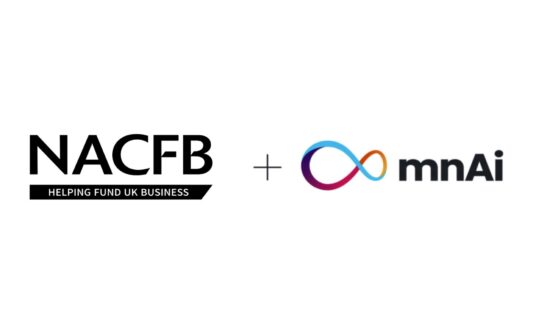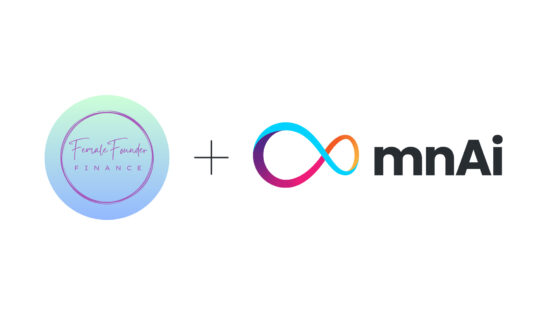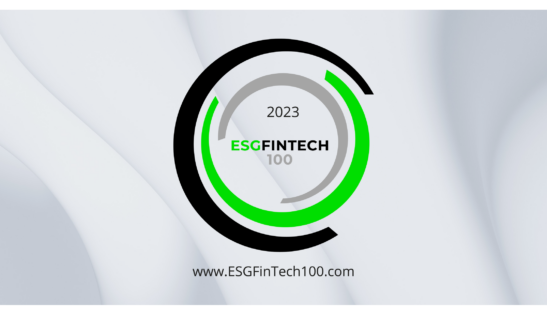01 Dec 2022
Making a better way to look at data

In a data-saturated world, true value comes from insight into data rather than simply access to it. John Cushing explains how this understanding led to the creation of mnAi
Companies are organisations that can be described in any number of ways, from what they do or sell to how they operate and are organised. For the purpose of this blog, let’s zoom in on the fundamentals of how they go about expanding:
- Every company wants new customers
- Every company would like more data on their existing customers
- Everybody wants to get this as fast as possible
While those seem to be simple, achievable goals, there are several stumbling blocks, not least the sheer volume of data currently available. According to Statista, the amount of data created, captured, copied and consumed worldwide rose from two zettabytes in 2010 – each zettabyte being a trillion gigabytes – to 97 zettabytes by 2022. Given that it’s predicted to almost double to 181 zettabytes by 2025, it’s clear that accessing data isn’t the same as obtaining data that’s useful to your company.
A second issue is sourcing data when it’s deposited in so many different silos. Over the last 15 years, as I grew various businesses, I acquired private companies based mostly on whatever insights I could derive from long hours creating spreadsheets based on Google searches. This ‘deal origination’ was not only time-consuming, it was also costly and painful. Yet to my surprise, when I subsequently spent some time working for a major UK company, I found that it was operating in exactly the same fashion. Even with their global reach, they couldn’t easily identify companies of interest any more effectively than I’d been able to.
Compounding this second issue is the third – a lack of structure to information about private businesses. It’s just wherever it is – on a website, as a PDF or Word document, as a filing to a government agency and so on. Companies House, the UK government’s registrar of private businesses, requires information in around 400 different document types, which should give you a sense of the scale of this issue.
mnAi was created to make due diligence on private UK companies not only easier but also more thorough, efficient and meaningful. We did this by not just identifying the data required but also by developing the underlying systems capable of ingesting, formatting and aggregating that data. We did it by creating ways to visualise search results, because data is meaningless unless you can easily understand how a certain company fits into the larger business landscape.
Technology is never going to replace that final mile of eyeballing a potential acquisition, supplier or customer but what it can do is speed up and simplify the process. In doing so, mnAi helps businesses and organisations acquire new assets and customers, provides additional information on existing customers and does so at scale with time and cost savings impossible without such end-to-end automation.
This is what mnAi does. We’ll get into how it does it next time.


